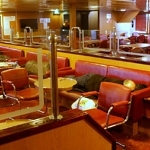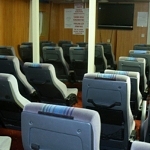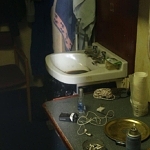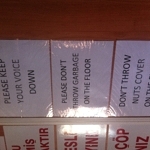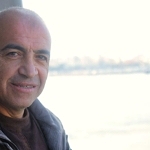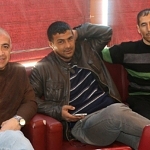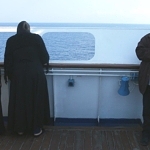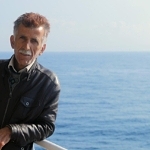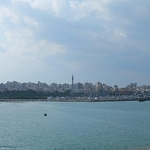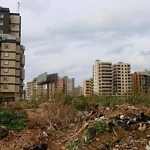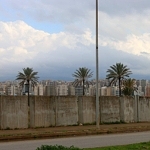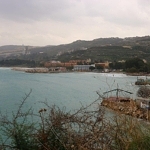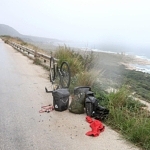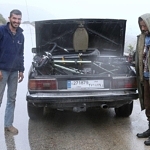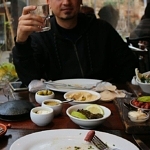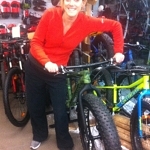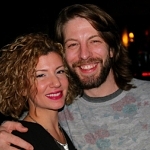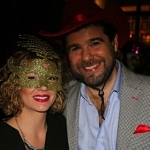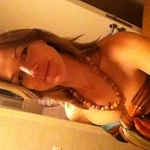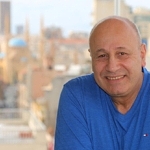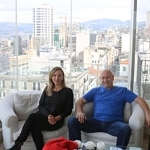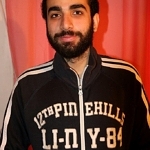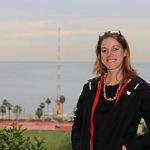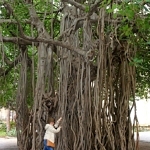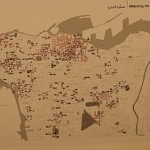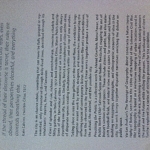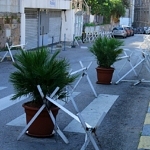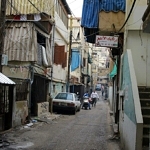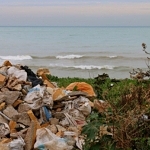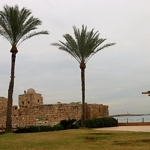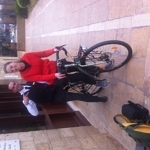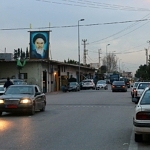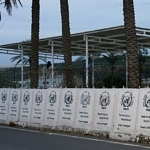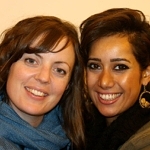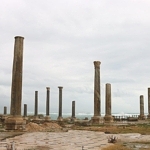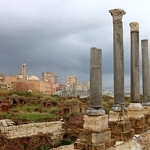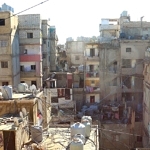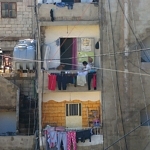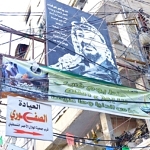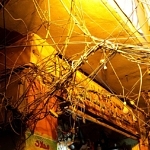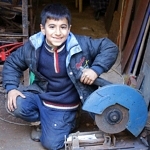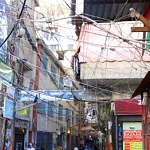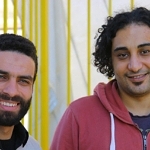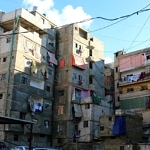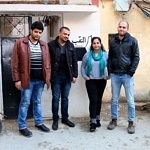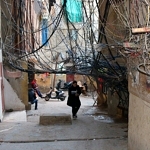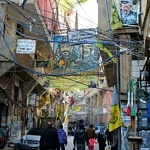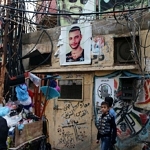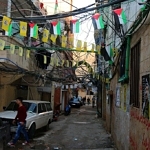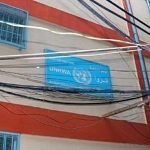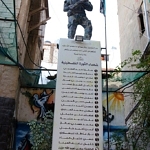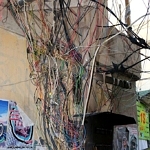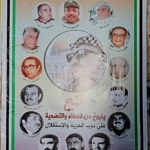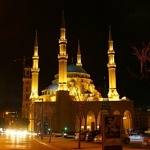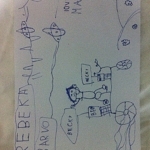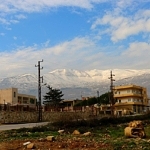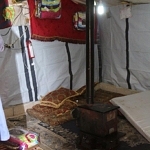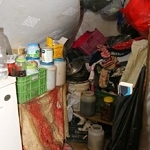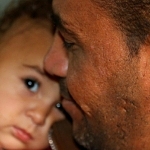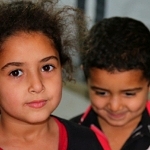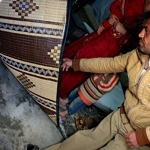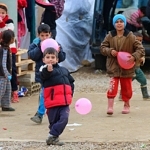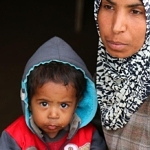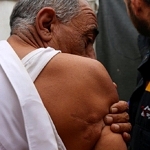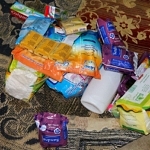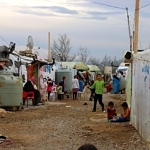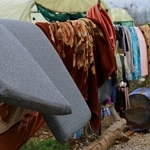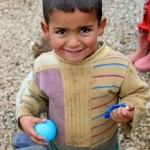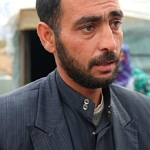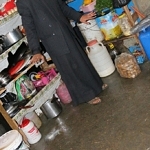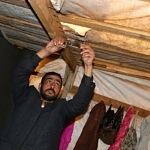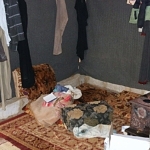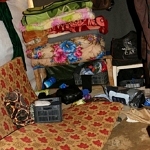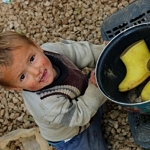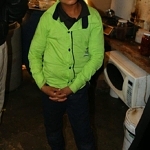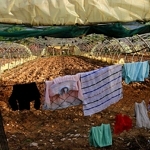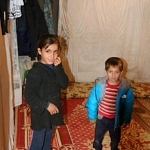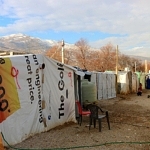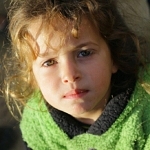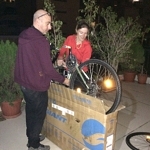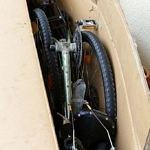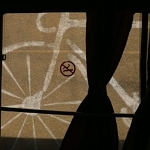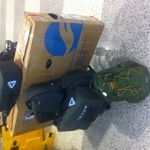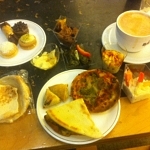[vc_row row_type=”row” use_row_as_full_screen_section=”no” type=”full_width” angled_section=”no” text_align=”left” background_image_as_pattern=”without_pattern” css_animation=””][vc_column][vc_column_text css=”.vc_custom_1455899733525{padding-top: 20px !important;padding-bottom: 20px !important;}”]
.
These photos have been shrunk for ease of upload.
If you would like high res copies, please request them via the contact form on the ‘About’ page.
Cameras: Canon 70D DSLR, iPhone 4 and GoPro Hero.
[/vc_column_text][/vc_column][/vc_row][vc_row row_type=”row” use_row_as_full_screen_section=”no” type=”full_width” angled_section=”no” text_align=”left” background_image_as_pattern=”without_pattern” css_animation=””][vc_column css=”.vc_custom_1455899830401{padding-left: 130px !important;}”][vc_column_text]
- Everyone asleep on the overnight ferry. A few dozen passengers are on board, and all are Syrians making their way into the country to see family members, except one Chinese man.
- The empty seating: the boat is almost empty.
- A filthy cabin, viewed from an porthole, with strange brown liquid lurking furtively in the sink.
- Ship rules.
- This is Mohammad, a Sunni Muslim from Damascus. He left years ago to live in Sweden, but returned in August 2011 to celebrate Ramadan with his wife. After he arrived he was arrested as a foreign spy by the Assad regime and held for 28 days. During this time he was regularly hung by his wrists from the ceiling and beaten with sticks until he fell unconscious. He never confessed to his ‘crime’, however. He knew from experience that a confession can amount to a death warrant. Eventually he was taken to court and released. He has not been back to Damascus since. Most of his family has fled the city, including his elderly mother, who now lives in Atmeh refugee camp on the Syrian side of the Turkish border. The area is controlled by opposition forces and he is able to visit her occasionally from his new home in Antakya, Turkey. Conditions there are desperate, he says. Everyone lives in flimsy, makeshift tents. There is no electricity or running water. Water and food is provided by truck from Turkey, but deliveries frequently go missing due to robberies by mafia groups. Sometimes up to 80% of aid can go astray, forcing people to buy supplies at greatly inflated prices. Many families have no money, so others share their food and funds. In winter, fuel for warmth is essential. Temperatures drop to below zero and people have been known to freeze to death. They are far from the only ones suffering in such conditions. Around eight million of Syria’s 22 million population are now internally displaced, according to independent NGOs. Many are living in camps like Atmeh, without sufficient shelter or sustenance. ‘There is no hope left,’ says Mohammad. ‘Just a fight for survival.’
- Lebanon! Just eight hours later than scheduled.
- Tripoli: a bit of a shit hole.
- My enduring memory of the city: palms and concrete high rises.
- Every other car (almost) in Tripoli is a BMW or Mercedes. Owning one has great prestige here, I’m told – and prestige holds a high place in Lebanese culture.
- After a night at a friend’s in Tripoli, hit coastal road to Beirut. The ‘biggest storm of the year’ is brewing, my friend warns me – but I should make it in time, I figure, as long as my tyres hold out.
- Tyres don’t hold out, sadly. And then the rain begins.
- Heavens open and water buckets down like a sheet. Luckily two nice-if-a-tad-sketchy-looking men stop to help me out, driving me the remaining few km to Byblos.
- Lunch with friend in Byblos. A feast of Mediterranean delights.
- Finally find some tyres that will carry my new enormous thighs.
- New Year’s Eve in Beirut, partying at my friend’s club in the chic party district of Gemmayzeh.
- My host and his girlfriend.
- An old friend, a Beirut businessman and property developer. He also lives in Gemmayzeh, in the penthouse suite of a high rise block he built himself. Lebanon is politically a ‘disaster’, he tells me. ‘Everything’s ground to a halt. Parliament is not even meeting anymore because nobody can agree on anything.’
- R, from the Migrant Community Centre (MCC). Approx. 90% of migrant domestic workers’ passports taken away when they arrive here, he says. Many work in effective slavery.
- A friend, A, who has worked at American University of Beirut for 15 years.
- Incredible Banyan tree on the AUB campus.
- Artwork showing presence of military in streets of Beirut.
- Military presence in the flesh.
- Cycle through run-down Shia district en route to Sur, in south Lebanon. The polar opposite of Gemmayzeh: husks of broke vehicles, blackened shacks and back-firing mopeds everywhere. Everyone seems to be fixing something, but nothing is ever fixed. Women all in hijabs. Feel conspicuous with camera, however, so miss the crowds.
- Beauty and trash: for me this pic sums up Lebanon better than any other.
- Sidon’s Sea Castle, built by the crusaders as a fortress of the holy land in the 13th century.
- Japing with the waiters at a restaurant beside the castle.
- Approaching Sur as dusk begins to fall, overlooked by Ayatollah Khomenei himself. We’re in Hezbollah territory now.
- The United Nations Interim Force in Lebanon (UNIFIL) was created in 1978, to oversee Israeli withdrawal from Lebanon, restore international peace and security, and help the Lebanese government restore its authority in the area. Much of its work focuses on managing hostilities between the government and Hezbollah.
- Arrive at friend’s house in Sur in pitch black (and no lights, a tad foolishly). She works here for the International Committee of the Red Cross, helping vulnerable people who fall through the gaps of the state health system. There is a ‘certain respect’ for Hezbollah here, she tells me, as they ousted the Israelis twice.
- Roman ruins in Sur, which reportedly dates back to the Phoenicians in 2750BC.
- Shatila camp for Palestinians in Beirut, Lebanon, where approx 16,000 residents are packed into barely one square km and vast tangles of naked live wires hang amid water pipes overhead.
- M (R), a Palestinian, shows me around the camp with a worker from the on-site Waldorf School.
- Bourj-el-Barajneh camps for Palestinians, also in Beirut. Approx. 30,000 residents live here, in extremely cramped conditions.
- Workers at the on-site Naqab Centre for Youth Activities. Funding levels are at crisis point, they say.
- A ‘martyr’ electrocuted to death by one of the many overhanging electricity cables, which mix freely with water pipes.
- The United Nations Relief and Works Agency for Palestine Refugees in the Near East (UNRWA), on which all Palestinian refugees rely, has cut funds to health and education due to severe donor fatigue.
- Shrine of Palestinian martyrs.
- The The Mohammad Al-Amin Mosque, or Blue Mosque, in Beirut, inaugurated in 2008.
- Drawing by the daughter of my second host in Berlin. Unsettlingly uncanny.
- En route to an informal Syrian refugee camp in the Bekaa Valley, near the Syrian border.
- Tents are mouldy and damp in the midst of a tough, icy, wet winter.
- Ten people live in one cramped tent.
- This family has been in the camp for nine months. They have sporadic electricity and one tank of water a week, which sometimes runs out.
- They left Syria as there were ‘always bombs and rockets overhead and no place to go’.
- Damp everywhere.
- Currently, 275 people live here in approx. 30 tents. Rent costs approx. $800 a year for one tent.
- Khalil, 56, shows his shrapnel wounds. ‘You can’t imagine how bad the situation is, with sometimes two feet of snow,’ he says. Then he laughs: ‘I’m going to write to Ban Ki-moon.’
- ‘We were promised food supplies and given cleaning equipment.’
- This man has two wives and 14 children, living in two tents. They paid $1,000 to traffickers to help them over the mountains to Lebanon, and it took them four days to get here. ‘You can’t live one day in a place like this,’ he says, ‘But it has been two years.’
- Soaking wet floor.
- Soaking wet roof.
- Wet carpets.
- Welly stew.
- Children walk around in bare feet in near-freezing temperatures.
- One of the most beautiful children I think I’ve ever seen.
- Packing Maud for the flight to Amman, Jordan: my only exit point, with all land borders closed.
- Poor Maud.
- Bike graffiti!
- Travelling light.
- I am forced to fly business class as it’s cheaper than economy-plus-oversized-baggage – and attack the free buffet in the exec lounge in the 12 mins I have to spare like a person who hasn’t eaten for a week (in fact, I’ve guzzled six Weetabix every morning). I’m becoming a monster.
[/vc_column_text][/vc_column][/vc_row]


